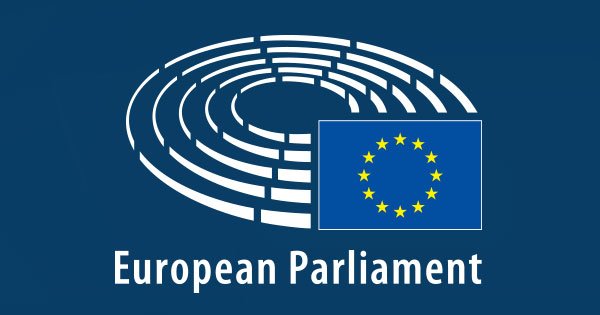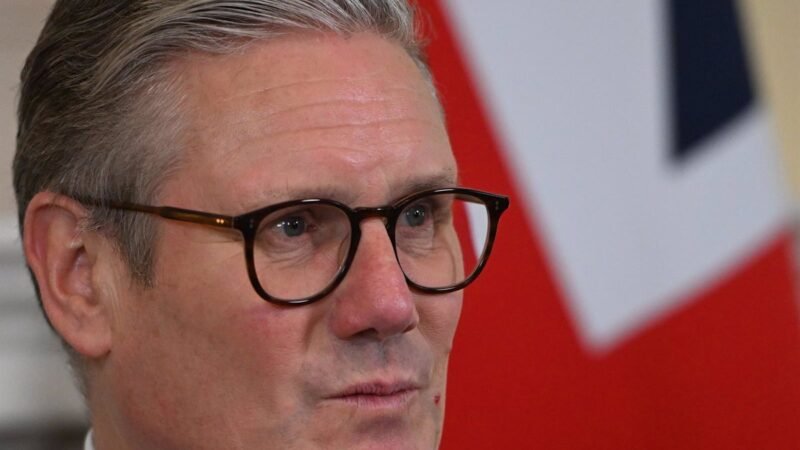Apoyo al nuevo protocolo de pesca con Guinea-Bisáu: detalles del acuerdo

According to the new protocol, 28 vessels of frozen tuna and surface flags and 13 tons of cane in Spain, France, Italy, Greece, and Portugal can operate in the area. The European fleet can capture up to 3,500 tons of raw cephalopods and 3,700 tons of raw shrimp per year, by 2029. Small pelagic fishing will not be allowed due to its population and low level of operation.
In contrast, the European Union will pay a total of 85 million euros over the five years of the agreement, with an annual contribution of 17 million, of which 4.5 will be dedicated to strengthening sustainable fishing in Guinea-Bissau and supporting local fishing communities. The European contribution is an increase of 1.4 million euros annually compared to the previous PACT.
Furthermore, European owners have to pay taxes for licenses and catches to the Guinean administration, which will increase the EU’s total contribution to over 100 million euros in the five years of the protocol’s validity.
Provisionally starting from September 2024, the new agreement was approved in plenary with 518 votes in favor, 104 against, and 61 abstentions.
Greater support for local fishing
With 605 votes in favor, 68 against, and 10 abstentions, the MEP also supported a series of recommendations for the European Commission and the authorities of Guinea-Bissau regarding the implementation of the current protocol and ahead of future negotiations.
The Parliament insists that the agreement must effectively contribute to the development of the local fishing sector. To achieve this, it considers it essential to improve the country’s infrastructure and ensure access to the market for Guinean fishery products. Additionally, it emphasizes the importance of strengthening cooperation so that Guinea-Bissau can export its fishing production.
Eurodeputies express concern that «Guinea-Bissau appears as a convenient flag state.» They emphasize that the fight against illegal, unreported, and unregulated fishing is hindered by the lack of transparency in vessel ownership. Therefore, they urge the EU to mobilize technical and financial resources to help monitor and control fishing activities, prevent independent fishing, and combat the practice of flagging conventions.
Journalist’s statement
Following the vote, MEP Sargiacomo (S&D, France) stated: «The commission must improve the agreement and ensure that sector cooperation is more focused on local food security, working conditions on ships, and recognizing the role of women in coastal communities.»
Context
The agreement with Guinea-Bissau is the second most important fishing pact in the EU with a third country, only behind the one signed with Mauritania.
Although fishing accounts for 15% of the Guinean government’s revenue, the country cannot export fishery products to the EU due to non-compliance with the community’s health requirements. It is estimated that only 3% of the catches by foreign vessels in Guinea-Bissau’s waters end up in the country.







